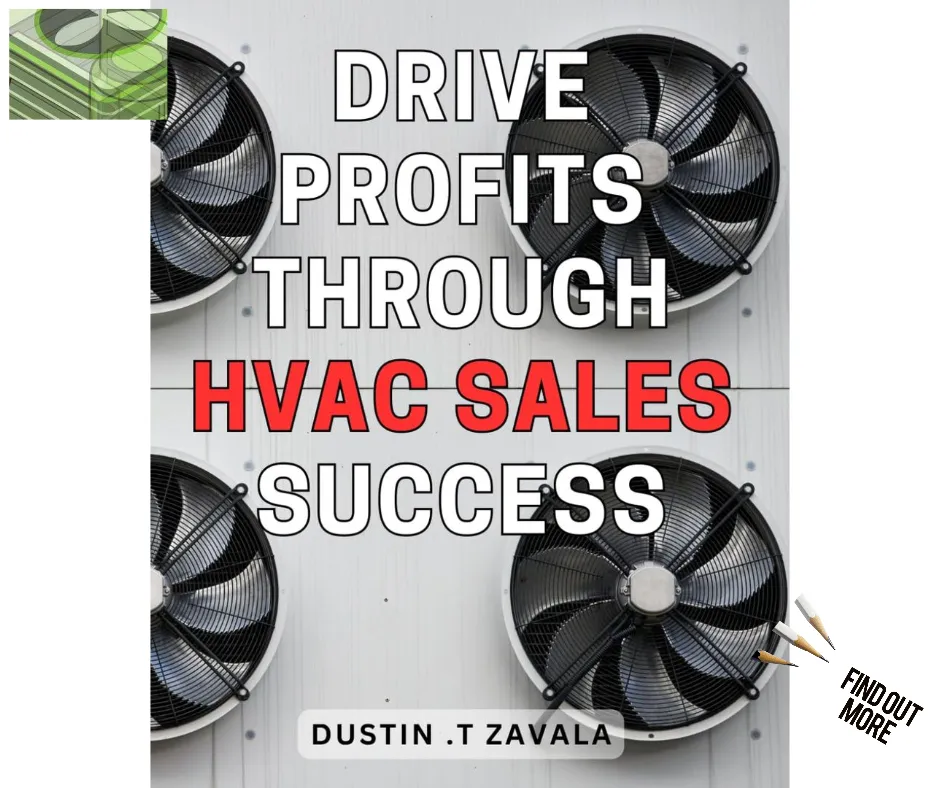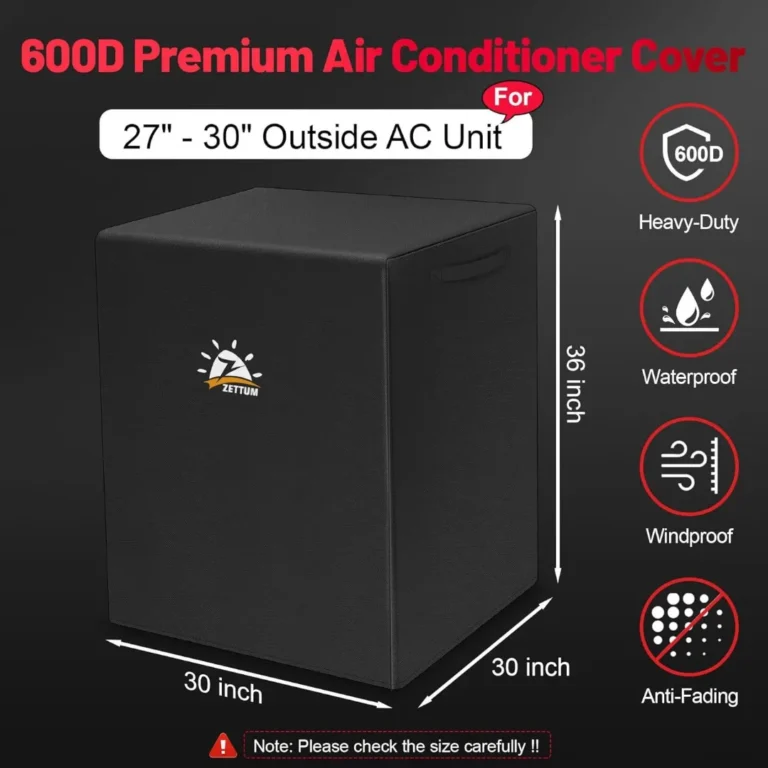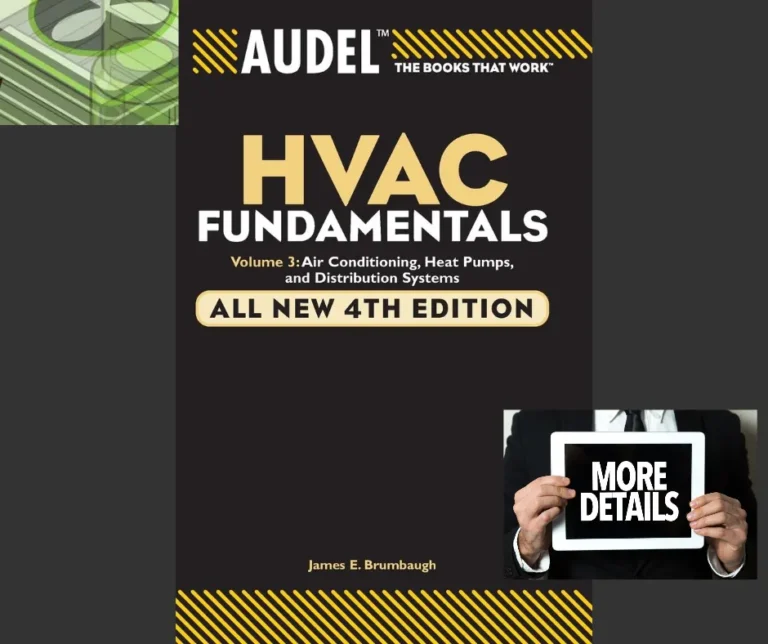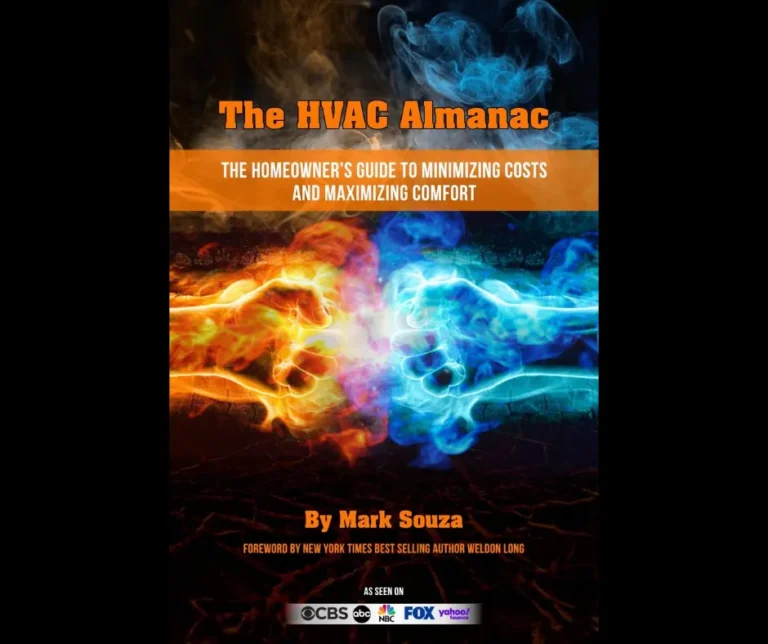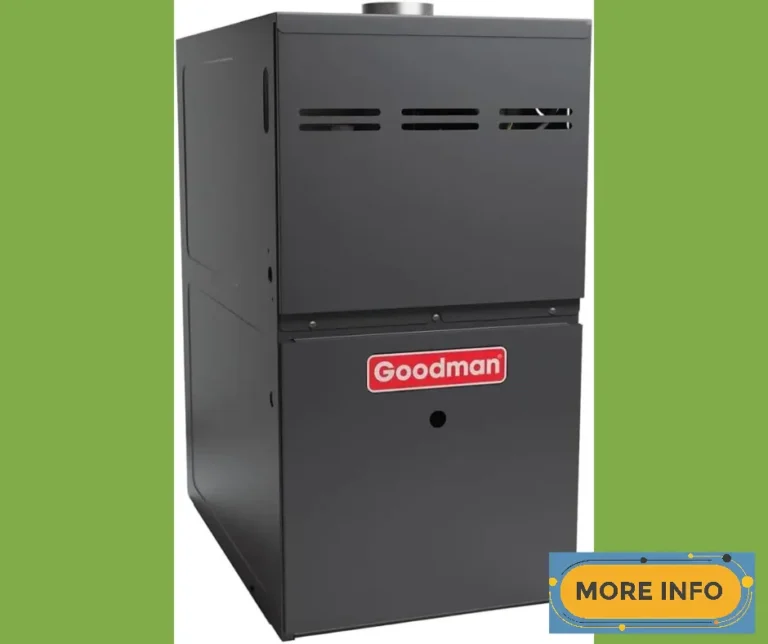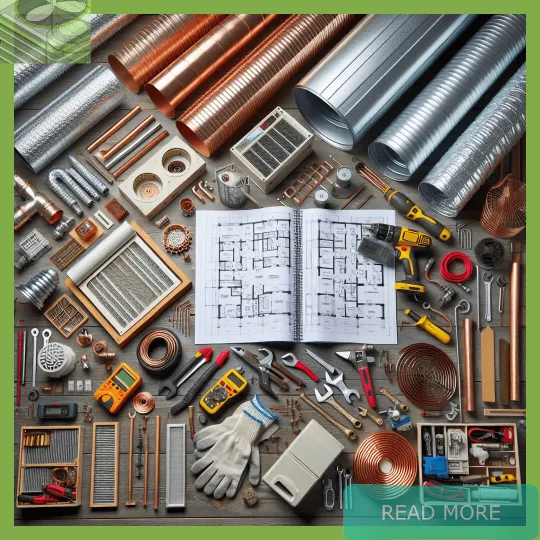Unlocking the Secrets of HVAC
Are you tired of constantly adjusting the thermostat in your home or office to find the perfect temperature?
Have you ever wondered about the inner workings of your heating, ventilation, and air conditioning (HVAC) system?
Look no further than this article, because it provides unlocking the secrets of HVAC and giving you a better understanding of this complex system.
As a second person point of view, you, as the reader, will be taken on a journey to learn about the various components of HVAC, how they work together, and the importance of regular maintenance.
By gaining a deeper understanding of HVAC, you can not only save money on your energy bills but also ensure the comfort and safety of your indoor environment.
Whether you are a homeowner, business owner, or simply curious about HVAC, this article will provide valuable insights and tips to help you make the most out of your HVAC system.
So, let’s dive in and unlock the secrets of HVAC together.
In the realm of modern construction and facility management, HVAC (Heating, Ventilation, and Air Conditioning) systems play a pivotal role in ensuring comfort, efficiency, and air quality.
As climate control remains a critical aspect of residential and commercial environments, understanding the intricacies of HVAC technology becomes essential for both professionals and homeowners alike.
This article, “Unlocking the Secrets of HVAC,” aims to demystify the components and functions of these systems, revealing the underlying principles that govern their operation.
From the fundamental mechanics of heat transfer to the latest innovations in energy efficiency, we will explore the key elements that contribute to effective HVAC performance.
Additionally, we will discuss common challenges faced by HVAC professionals and consumers, as well as strategies for optimizing system functionality and longevity.
By delving into the secrets of HVAC, we empower readers with the knowledge necessary to make informed decisions regarding installation, maintenance, and upgrades, ultimately enhancing comfort while promoting sustainability.
Whether you are a seasoned technician, a facility manager, or a curious homeowner, this comprehensive overview will provide valuable insights into the world of HVAC systems and their vital role in our daily lives.
Table of Contents Unlocking the Secrets of HVAC
Understand HVAC systems for optimal efficiency
To achieve optimal efficiency in HVAC systems, it is essential to comprehend the fundamental components and their interplay.
This includes understanding how heating, ventilation, and air conditioning units function individually and as a cohesive system.
Regular maintenance, such as changing filters, cleaning coils, and checking refrigerant levels, not only prolongs the lifespan of the equipment but also enhances energy efficiency.
Implementing smart thermostats and variable speed motors can further optimize performance, allowing for better control of indoor climate while reducing energy consumption.
Moreover, it is crucial to consider the design and layout of the HVAC system in relation to the building’s structure.
Proper insulation, sealing of ducts, and strategic placement of vents significantly impact the system’s efficiency.
Energy modeling and load calculations can help in selecting the right size equipment, avoiding the pitfalls of oversized or undersized units, which often lead to increased energy use and reduced comfort.
By integrating these practices, facilities can maximize energy savings, lower operational costs, and create a more comfortable environment for occupants.
Regular maintenance extends equipment lifespan significantly
Consistent upkeep is vital for ensuring that HVAC equipment operates at peak performance levels throughout its intended lifespan.
By adhering to a routine maintenance schedule, potential issues can be identified and resolved before they escalate into costly repairs or system failures.
This proactive approach not only mitigates downtime but also fosters a healthier indoor environment by maintaining optimal air quality and temperature control.
For instance, regular inspections can help detect refrigerant leaks, dirty coils, or worn-out components, all of which can adversely affect system efficiency and longevity.
Additionally, well-maintained systems are less prone to breakdowns and often exhibit improved efficiency, which translates to lower energy costs over time.
This sustainability aspect is particularly important as businesses and homeowners strive to reduce their environmental impact.
By investing in regular maintenance, stakeholders can ensure that their HVAC systems are not only reliable and efficient but also extend the overall lifespan of their investments, resulting in significant cost savings in the long run.
Proper insulation enhances energy efficiency greatly
Effective insulation plays a critical role in enhancing the energy efficiency of HVAC systems by minimizing heat transfer between the interior and exterior of a building.
Properly insulated walls, attics, and floors help maintain desired indoor temperatures, reducing the workload on heating and cooling units.
As a result, HVAC systems consume less energy to achieve the same level of comfort, leading to significant reductions in energy bills.
Furthermore, improved insulation reduces the likelihood of temperature fluctuations, which fosters a more stable indoor climate and can enhance overall occupant comfort.
In addition to the immediate financial benefits, investing in quality insulation contributes to environmental sustainability by lowering overall energy consumption.
As energy-efficient buildings require less fossil fuel for heating and cooling, they generate fewer greenhouse gas emissions, supporting broader efforts to combat climate change.
Consequently, integrating effective insulation strategies within HVAC planning not only optimizes system performance but also aligns with the growing emphasis on sustainable building practices and energy conservation initiatives.
Choose the right thermostat for convenience
Selecting an appropriate thermostat is essential for optimizing comfort and convenience within any HVAC system.
A smart or programmable thermostat can significantly enhance user experience by allowing for tailored temperature settings based on individual schedules and preferences.
With features such as remote access via smartphones, users can easily adjust their home’s climate from virtually anywhere, ensuring that their living spaces are always comfortable upon arrival.
Additionally, the ability to create schedules not only promotes convenience but also contributes to energy savings, as it allows homeowners to reduce heating or cooling when spaces are unoccupied.
Furthermore, some advanced thermostats offer learning capabilities, adjusting settings based on the occupants’ habits over time, which maximizes efficiency while minimizing manual adjustments.
By choosing a thermostat that aligns with lifestyle needs, users can ensure a seamless integration with their HVAC system, ultimately enhancing both comfort and energy management.
Therefore, recognizing the importance of selecting the right thermostat should be a priority for anyone looking to improve their home’s climate control experience.
Upgrade filters to improve air quality
Enhancing air quality within a space is paramount for health and well-being, and one effective approach is by implementing higher-quality air filters in the HVAC system.
Upgrading to HEPA or high-MERV filters can significantly reduce airborne pollutants, including dust, allergens, and volatile organic compounds, creating a cleaner indoor environment.
These advanced filters are designed to capture smaller particles that standard filters might miss, thus improving overall air quality and making the space more comfortable and healthier for occupants.
In addition to health benefits, high-performance filters can also improve the efficiency of the HVAC system itself.
By ensuring that the air passes through cleaner filters, the system can operate more effectively, reducing strain on components such as blowers and coils.
This can lead to lower energy consumption and extended equipment lifespan, making it a cost-effective solution in the long run.
Regularly upgrading and maintaining filters is a simple yet impactful step toward achieving optimal air quality and HVAC performance.
In conclusion, understanding the intricacies of HVAC systems is essential for both homeowners and industry professionals alike.
By unlocking the secrets of heating, ventilation, and air conditioning, we can ensure optimal comfort, energy efficiency, and indoor air quality.
As technology continues to evolve, staying informed about the latest advancements and maintenance practices will empower us to make informed decisions and avoid costly repairs.
Whether you are looking to enhance your current system or simply wish to expand your knowledge, a well-functioning HVAC system is fundamental to creating a safe and comfortable environment.
Embracing this knowledge not only benefits individual spaces but also contributes to a more sustainable future for us all.
Maximize Efficiency: Maintenance Tips
To optimize the efficiency of your HVAC system, regular maintenance is key.
By following a few simple maintenance tips, you can ensure that your system operates at its peak performance, saving you both energy and money in the long run.
Start by regularly changing the air filters, as clogged filters can restrict airflow and decrease efficiency.
Additionally, clean the outdoor unit of any debris or vegetation that may obstruct the airflow.
It is also important to schedule professional maintenance checks at least once a year to inspect and service the various components of your HVAC system.
This includes cleaning the coils, checking refrigerant levels, and lubricating moving parts.
By incorporating these maintenance practices into your routine, you can unlock the secrets of HVAC efficiency and enjoy a comfortable and cost-effective indoor environment.
Optimize Performance: Air Filter Change
Regularly changing your air filters is a crucial step in optimizing the performance of your HVAC system.
As part of your regular maintenance routine, be sure to check and replace your air filters every one to three months, depending on usage and air quality.
By doing so, you can prevent the buildup of dust, dirt, and allergens that can clog the filters and hinder airflow.
By ensuring clean and unrestricted airflow, you can improve the overall efficiency of your HVAC system, allowing it to effectively cool or heat your space.
This simple yet effective maintenance task will not only enhance the performance of your HVAC system but also contribute to better indoor air quality, creating a healthier and more comfortable environment for you and your family.
Unlock the secrets of HVAC optimization by prioritizing regular air filter changes and reap the benefits of improved performance and energy savings.
Boost Comfort: Zoning Systems Explained
When it comes to maximizing your comfort at home, understanding the concept of zoning systems can be a game-changer.
Unlocking the secrets of HVAC zoning systems allows you to create personalized temperature zones within your living space, catering to the specific needs and preferences of each area or room.
By dividing your home into separate zones, you gain ultimate control over the temperature in each space, ensuring that everyone is comfortable no matter where they are.
This innovative approach to heating and cooling not only enhances comfort but also promotes energy efficiency by enabling you to heat or cool only the areas that are being used.
With the ability to adjust temperature settings independently in different zones, you can say goodbye to arguments over the thermostat and create a harmonious environment throughout your home.
Experience the ultimate comfort and control with zoning systems, and unlock the full potential of your HVAC system.
Extend Lifespan: Proper Ventilation Techniques
Proper ventilation techniques are key to extending the lifespan of your HVAC system and ensuring optimal performance.
By implementing adequate ventilation strategies, you can effectively remove stale air, control humidity levels, and promote a healthier indoor environment.
One important aspect of proper ventilation is the regular cleaning and maintenance of air filters, which helps prevent dust and debris from clogging the system and impeding airflow.
Additionally, investing in well-designed air intake and exhaust systems can enhance the efficiency of your HVAC unit by allowing for the proper exchange of fresh air.
By prioritizing ventilation, you not only prolong the lifespan of your HVAC system but also improve indoor air quality and create a more comfortable living space.
Take control of your HVAC system’s longevity by implementing proper ventilation techniques and enjoy the benefits of a well-maintained and efficient system for years to come.
Save Money: Energy-Saving Thermostat Settings
Unlocking the Secrets of HVAC involves optimizing your thermostat settings to save money and reduce energy consumption.
By implementing energy-saving thermostat settings, you can effectively regulate the temperature in your home and maximize efficiency.
Start by setting your thermostat to the highest temperature comfortable for you during the summer months and the lowest temperature during winter.
Utilize programmable thermostats to create temperature schedules that align with your daily routines and adjust settings when you’re away from home.
By reducing temperature fluctuations and avoiding excessive heating or cooling, you can significantly lower your energy bills.
Additionally, consider using smart thermostats that offer advanced features like remote access and learning capabilities, allowing you to optimize energy usage based on your preferences and habits.
By unlocking the secrets of HVAC through energy-saving thermostat settings, you can enjoy both financial savings and a more sustainable home environment.
Overall, understanding the intricacies of HVAC systems can greatly benefit you as a homeowner or business owner.
By unlocking the secrets of HVAC, you can better maintain your system, improve its efficiency, and even troubleshoot any issues that may arise.
You now have a deeper understanding of how your HVAC system works and how to optimize it for your specific needs.
Remember, proper maintenance and regular check-ups are key to keeping your HVAC system running smoothly and efficiently.
Keep learning and stay informed about your HVAC system to ensure its longevity and effectiveness.

